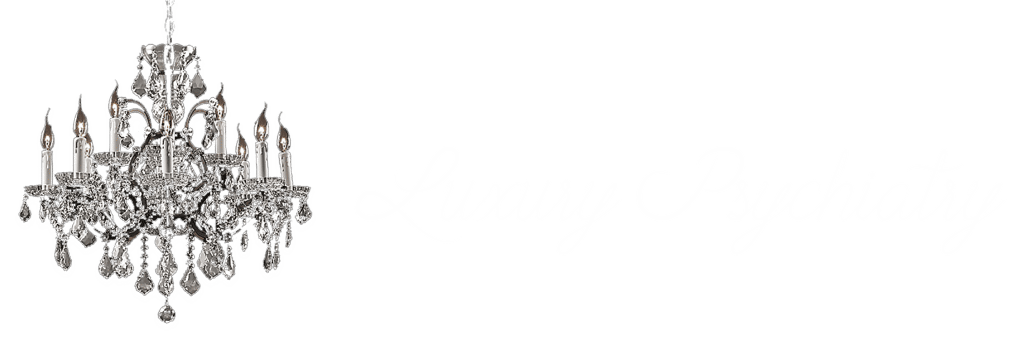Approximately 40 million Americans suffer from an anxiety disorder, making it the country’s most prevalent mental health issue. Although brief bouts of stress are to be expected, the adverse effects of chronic worry on our social lives and physical well-being should not be dismissed. Transcranial Magnetic Stimulation (TMS) is a helpful therapy for treating depression, and it is also often associated with a reduction in anxiety symptoms.
The post will define TMS, then transition toward its main applications. It will also discuss TMS and how it relates to various anxiety disorders.
What Is TMS Primarily Used For?
TMS is a non-invasive, non-surgical method of stimulating specific brain regions to treat mental health issues, including depression and anxiety. Magnetic pulses are delivered to specific brain regions through a coil placed on the patient’s head by a medical or mental health practitioner. The pulses may be intermittent or continuous, depending on the patient’s condition.
TMS is widely used for those who have tried other treatments for depression without success. A substantial body of data supports TMS’ usefulness for this mental health issue. Magnetic pulses are thought to stimulate certain brain regions to alleviate symptoms of sadness and anxiety. The average time spent in therapy is just an hour, and patients have experienced quick results.
TMS is quite effective in treating patients suffering from depression.
TMS & Anxiety
With an anxiety condition, it’s easy to feel like you’re not living. One might easily get overwhelmed by anxiety symptoms, which can hinder their ability to function normally. However, with the proper care, these symptoms may be lessened, and daily life improved. Therapeutic magnetic stimulation (TMS) is one such treatment.
More studies are required, but preliminary findings suggest TMS might help alleviate anxiety. The results of various studies demonstrate that TMS treatment effectively alleviates the symptoms of Generalized Anxiety Disorder (GAD). If patients haven’t found relief from anxiety with traditional methods like medication and talk therapy, their psychiatrist can suggest trying TMS instead.
Types of Anxiety
There are several symptoms shared by anxiety disorders, such as fear, panic, and tension, but there are also signs and symptoms specific to each form of anxiety disorder. The Diagnostic and Statistical Manual of Mental Disorders (DSM-5) recognizes five distinct anxiety disorders:
1. Specific Phobia
Anxiety or worry is caused by thinking about or being around a particular thing or event. Even though many who suffer from phobias know their fear is unjustified, just contemplating it can bring severe anxiety. Phobias prevent people from participating in healthful activities.
2. Social Anxiety Disorder (SAD)
It’s a phobia, or extreme anxiety, about being in any social or performance environment where you could be judged, scrutinized, or rejected. Relationships, academic performance, and professional opportunities can all suffer when people are too self-conscious to interact with others.
3. Generalized Anxiety Disorder (GAD)
Those who suffer from GAD often find it unable to stop dwelling on their concerns, even as they experience an increase in anxiety at the thought of facing the day. Anxiety isn’t directed against anything in particular. People with GAD often make larger-than-life concerns from mundane matters like money, health, family, and employment.
4. Panic Disorder
Sudden, frequent attacks of extreme dread or discomfort plague those with panic disorder. In most cases, physical symptoms like heart palpitations, shortness of breath, chest discomfort, and dizziness accompany this abrupt episode, known as a panic attack. People with panic disorders are always on edge, wondering when their next attack will hit and doing anything to keep from setting off more terrifying episodes.
5. Agoraphobia
Panic attacks are often triggered by the dread of being trapped in a situation from which rescue is unlikely to come. As a result of their condition, some persons with agoraphobia cannot go far from their familiar surroundings. Because of this, many people avoid going out in public, and in extreme cases, persons with anxiety might become housebound.
Can Anxiety Be Treated with TMS?
Anxiety disorders are pretty common, and in most cases, there is a biological component. It suggests that the individual’s anxiety illness is influenced by factors unique to their biological makeup. TMS treatment is effective because it targets the brain’s prefrontal cortex.
People suffering from anxiety often display symptoms of GAD, GAD-related phobias, and other anxiety disorders because of irregularities in the prefrontal cortex of their brains. Medication for anxiety disorders is often prescribed because it may help correct the irregularities in this particular brain region.
The process begins with a medical or mental health expert positioning the coil close to the patient’s prefrontal cortex. During the operation, a magnetic pulse will be sent to the location to stimulate parts of the prefrontal cortex that would otherwise remain dormant. Although some patients report improvement after the first session, others often need many sessions to get the desired effect.
Benefits of TMS for Anxiety
People whose anxiety stems from a physiological issue, such as hormonal changes or a neurological illness, may not get relief from conventional therapies. Others can suffer from untreated depression or bipolar illness, for example, because their mental health has not been adequately assessed. As a last point, it’s important to note that not everyone can handle the potential negative consequences of treatment.
TMS therapy has the potential to aid persons with treatment-resistant anxiety by resetting the neural circuits in the brain. Non-invasive and relatively free of adverse effects, this therapy shows promise for those who haven’t found relief via more conventional methods.
TMS therapy is not often used to treat anxiety disorders. But it doesn’t mean it’s not useful in other ways. Many people regularly benefit from TMS treatment to alleviate their anxiety or other mental health condition.
Find TMS Treatment in Chicago
Schedule a TMS treatment appointment at Luxury Psychiatry Clinic if you’ve been suffering from a severe depressive disorder. Professionals on our team are committed and compassionate, and they will help you take the first steps toward healing.
If you or a loved one has any questions, we’re here to help. If you require TMS therapy in the Chicago area, please don’t hesitate to contact us to schedule an appointment.




















